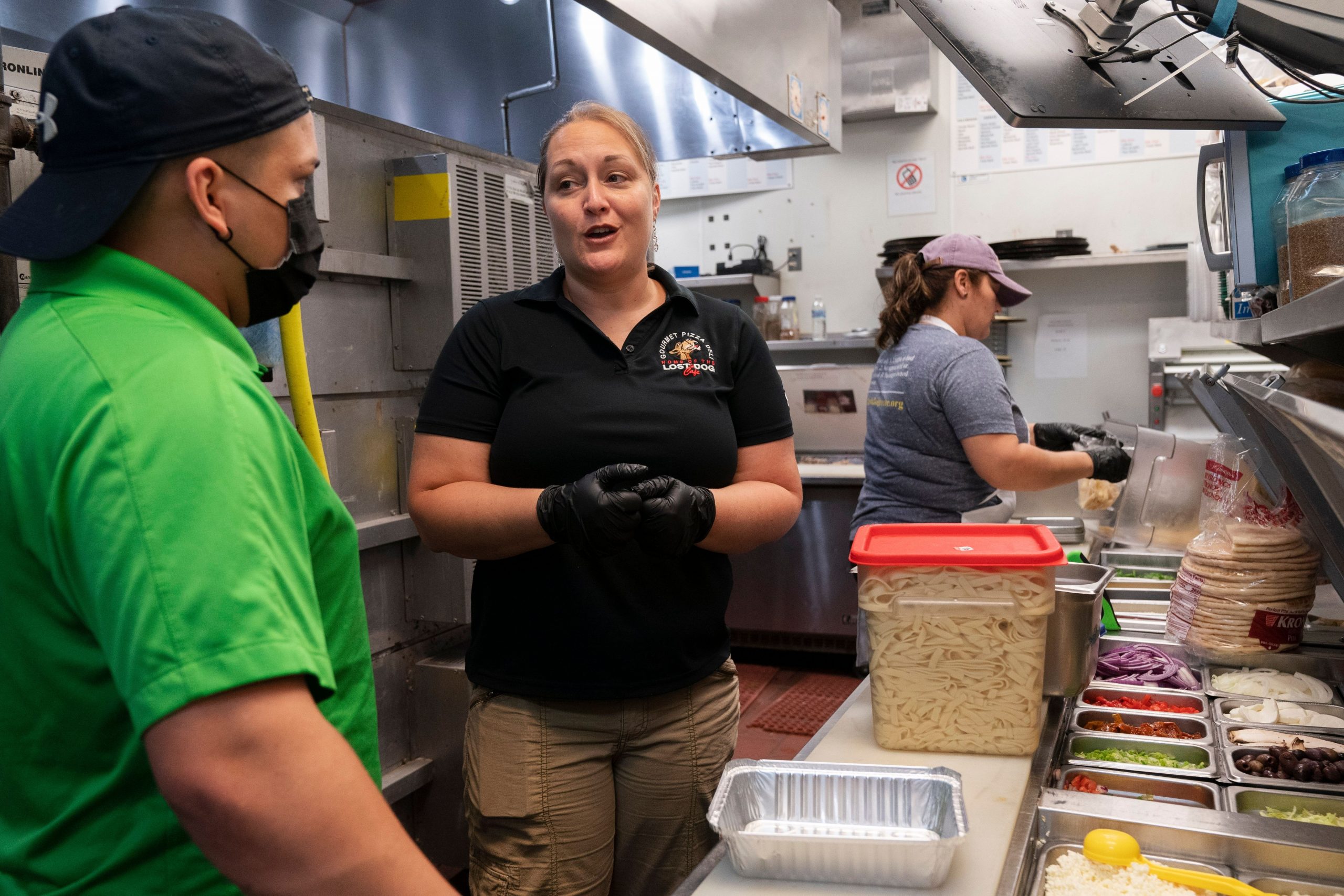The US job growth slowed more than expected in August due to a fall in demand for services, worker shortages and a surge in COVID-19 infections. The Labour Department said nonfarm payrolls increased by 235,000 jobs last month after surging 1.053 million in July. The US has five million fewer jobs compared to before the pandemic.
However, statistics, according to the Washington Post suggest that 8.4 million Americans remain unemployed when there are 10 million job openings.
Also read: Double vaccination reduces odds of experiencing long COVID by half
Why is this the case?
One key reason behind the concerning unemployment rate despite availability of jobs is reassessment of work. As per media reports, majority of workers in the US are shifting the way and where of their employment. Such major choices have been affected by the pandemic, making work from home a preference for some.
Reports also add that some people ant to spend more time with family, while some want a more flexible or more meaningful career path. Remote work has created one of the biggest shifts ever in daily commutes. Resignations are up 13 % over pre-pandemic levels in record numbers. There are 4.9 million more people who aren’t working or looking for work than there were before the pandemic.
Also read: Amid COVID surge, Fauci says US could roll out booster doses in weeks
Other factors like a surge in retirements – 3.6 million people retiring during the pandemic have also played a role in the overall stats.
“The economy is going through a big shift overall and that has ramifications. We are reallocating where we want to work and how we want to work. People are trying to figure out what their best options are and where they want to be,” Ben Bernanke, the Federal Reserve chair from 2006 to 2014 said, as per Washington Post reports.
In recent months, heath care workers and educators have quit their jobs at the highest rate on record, stretching back to 2002, Labour Department data show.
The mismatch is spread across industries in the United States.







